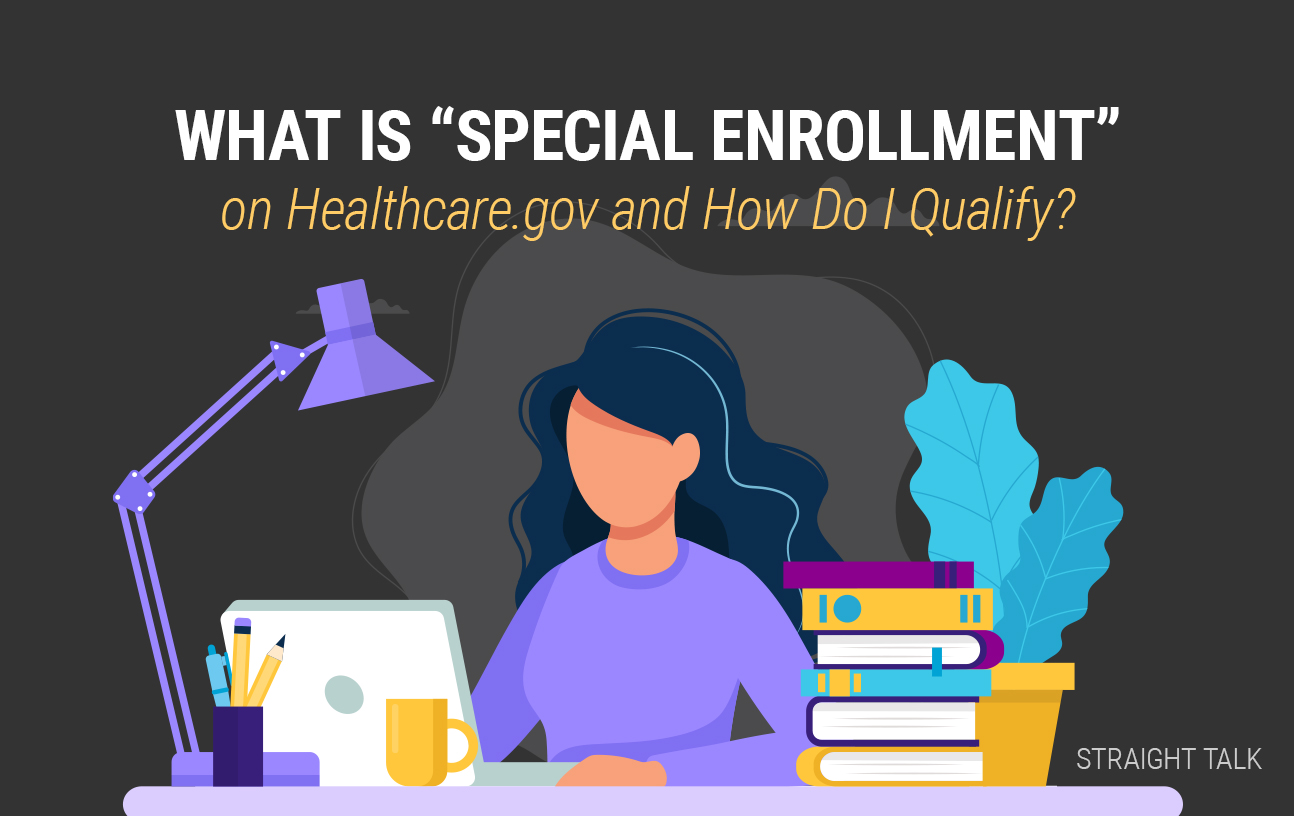It’s important to be aware of common concerns like depression, stress and anxiety all the time, Blue Cross and Blue Shield of Louisiana reminds everyone to be especially mindful of how they feel as they return to the workplace after the worst of the COVID-19 pandemic.
“Our mental health affects our physical health and overall well-being, and it’s a common concern among people who are struggling with serious health issues, either directly or with a loved one,” said Blue Cross medical director Dr. Jeremy Wigginton. “Be aware of how you feel, and ask for help if you need it. If you are struggling to get through the day, let your healthcare provider know that and ask about treatment recommendations.”
There are several resources available to your employees as they navigate both remote work and the potential stress of returning to the workplace.
Be Stronger Than Ever
Blue Cross has an in-house clinical team that includes nurses, dietitians, pharmacists and social workers. The care team works with members who are dealing with long-term health needs, serious illnesses or acute injuries. The team’s job is to help the members be STRONGER THAN any disease or diagnosis. They offer health coaching, personalized education and assistance in setting and reaching wellness goals.
Blue Cross social workers and other health coaches give members support and encouragement and help them find healthcare providers in their network or develop skills to cope with a diagnosis. They also connect members with local support groups and community resources to assist them.
To learn more about Care Management programs and services or to sign up for health coaching, visit www.bcbsla.com/Stronger. There is no cost for members to work with a health coach.
Blue Cross social workers also share tips for managing depression and stress on the STRONGER THAN EVER: Care Team Programs playlist, part of the Blue Cross YouTube channel.
Blue Cross social workers and other care team members regularly host live events on Blue Cross’ Facebook page. They offer tips and take questions about various health issues, including mental health concerns.
Behavioral Health Providers Available on BlueCare
Members can use BlueCare, Blue Cross’ telehealth platform, to have online visits with behavioral health providers.
BlueCare behavioral health appointments can be a good service if your employees are feeling stress, anxiety or depression and looking for ways of getting care without going somewhere for treatment.
Log in to BlueCare to schedule appointments with available psychology or psychiatry providers who are trained and certified in telehealth care. Behavioral health providers available through BlueCare can help with anxiety, depression, stress, grief, substance abuse, coping with life transitions, couples counseling and more.
BlueCare can also be used 24/7 to treat routine, non-emergency medical conditions like colds, bladder infections, allergies, pink eye, mild stomach bugs or rashes. BlueCare is available in all 50 states and works on any device with internet and a camera, like a smartphone, laptop, tablet or computer.
Members can create a BlueCare account at www.BlueCareLA.com or with the BlueCare (one word) mobile app for Apple and Android devices. Then, simply log in and have a medical visit anytime or schedule a behavioral health appointment.
If a member regularly sees a behavioral health provider for care, they should ask if telehealth visits are an option.
Blue Cross has a YouTube channel with videos from our clinical team on a variety of topics. Watch videos at YouTube.com/BlueCrossLA.
Connect with Blue Cross on social media for regular updates.
Lucet
Lucet has a crisis line for anyone who may need to discuss behavioral health issues. Call 1-833-848-1764 to reach the Lucet Emotional Support Hotline. This is a free and confidential 24/7 helpline staffed by trained and caring professionals.
Other Resources
Healthfinder.gov:
A good resource to help employees Manage Stress.
National Alliance on Mental Illness (NAMI):
NAMI HELPLINE - 1-800-950-NAMI or TEXT "NAMI" to "741741."
National Suicide Prevention Lifeline:
1-800-273-8255
Disaster Distress Hotline:
During the COVID-19 outbreak the national Disaster Distress Helpline remains open to offer crisis counseling and emotional support related to the current COVID-19 outbreak from trained counselors across the country. The 24/7/365 helpline can be accessed by calling 1-800-985-5990, (para Español, oprima 2) or text TalkWithUs to 66746.

